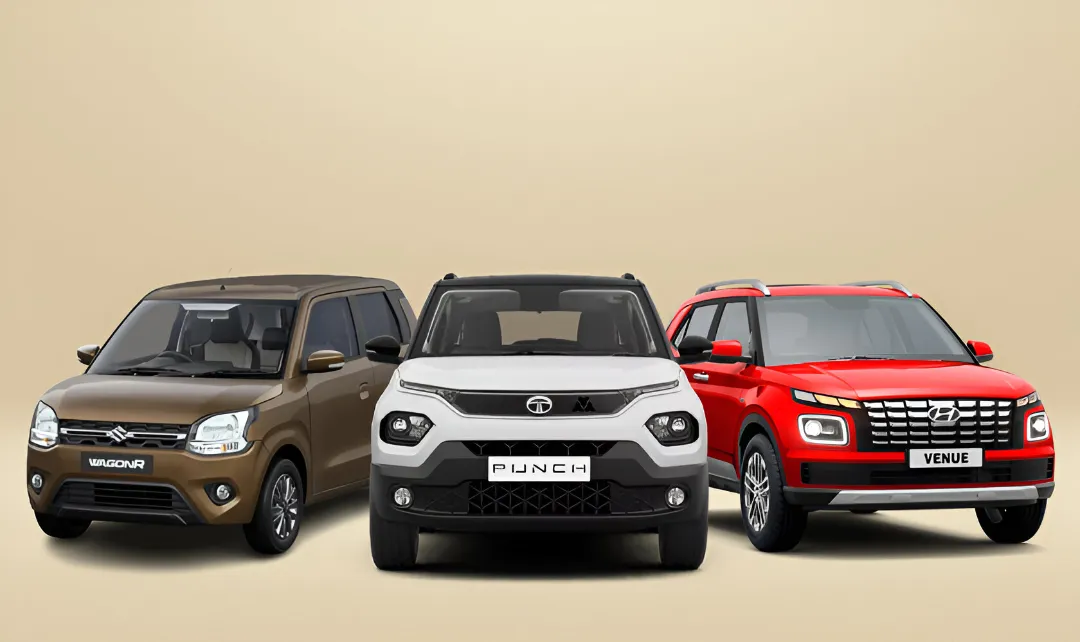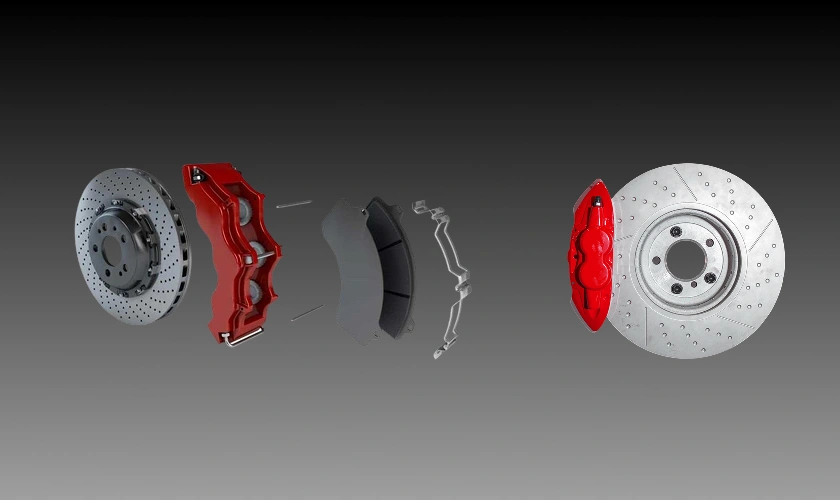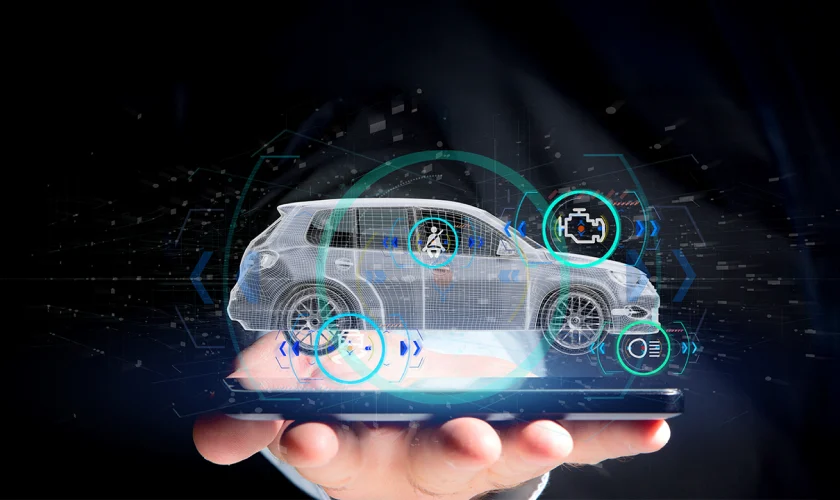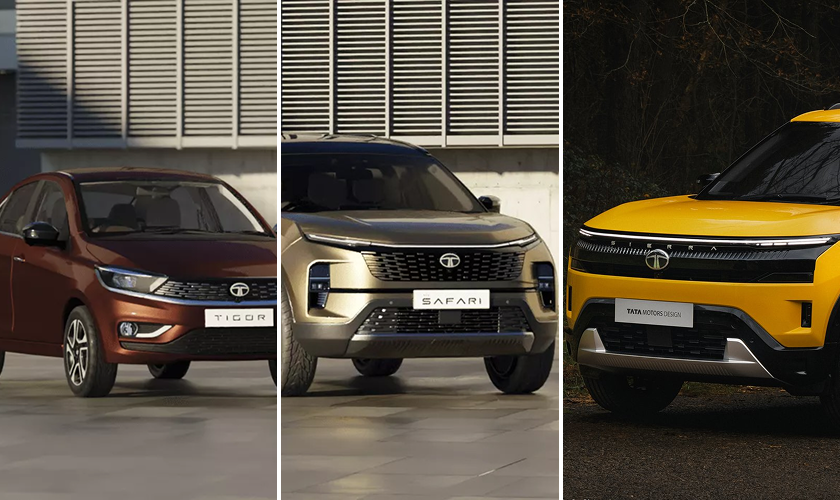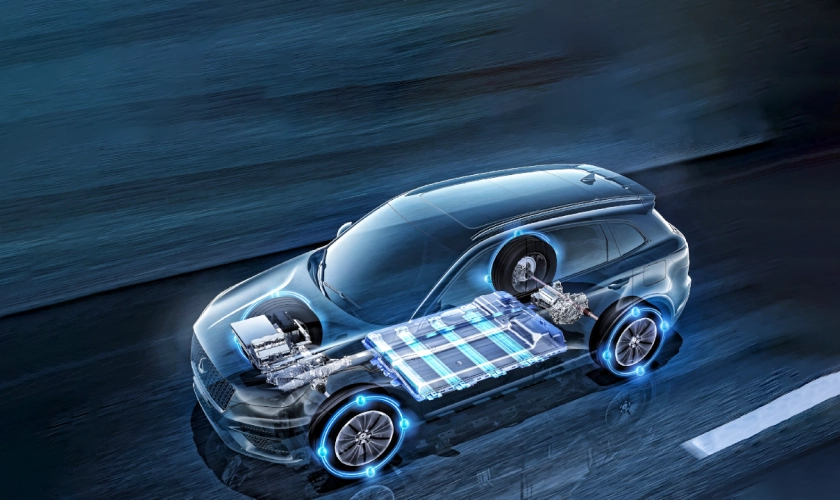Blogs Chapter
Toggle29 Jul 2024, 03:28 AM
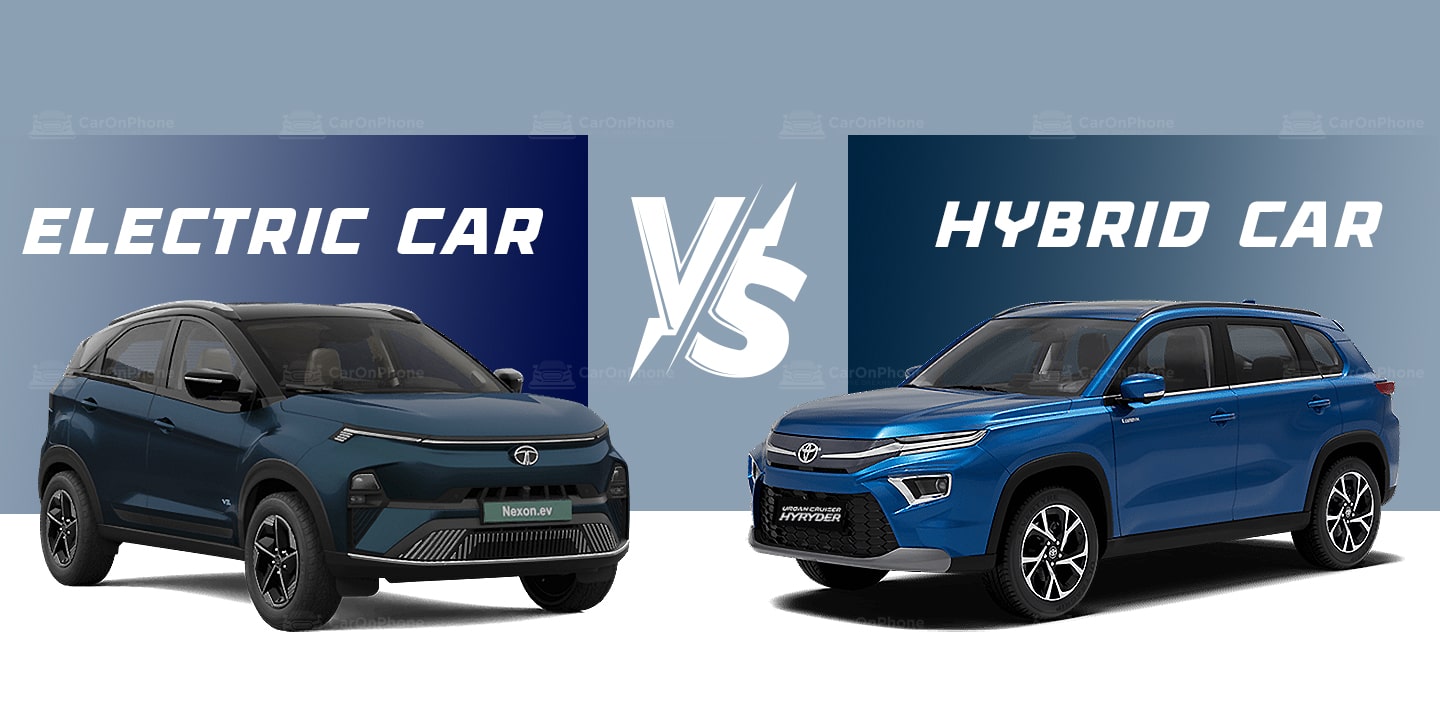
Blogs Chapter
ToggleThese cars usually depend on batteries that get their power from recharging. For this reason, people have to plug them into outlets like a typical home charger or even at public charging stations. Afterward, the energy stored in the battery moves into an electric motor that rotates the wheels of the car. Electric cars do not produce any tailpipe emissions like traditional internal combustion engine vehicles. And thus, they provide an eco-friendly solution.
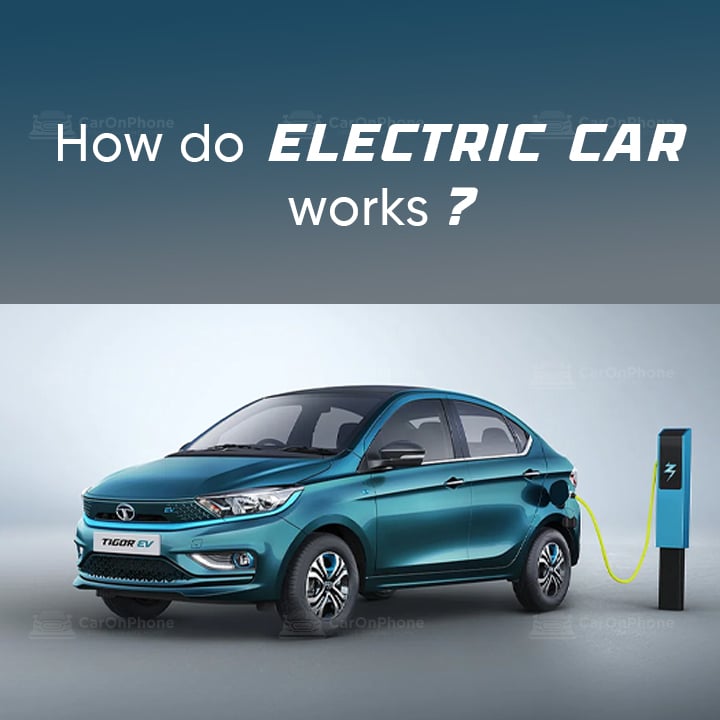
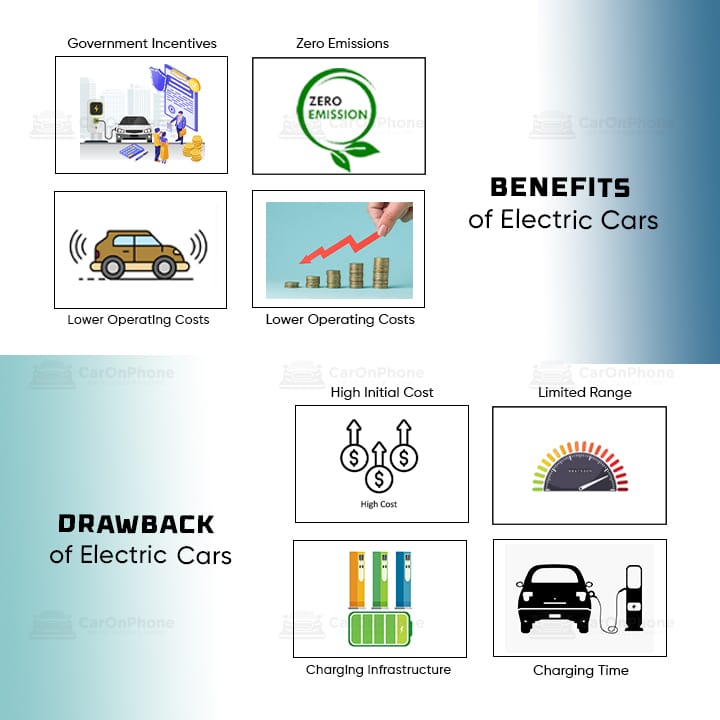

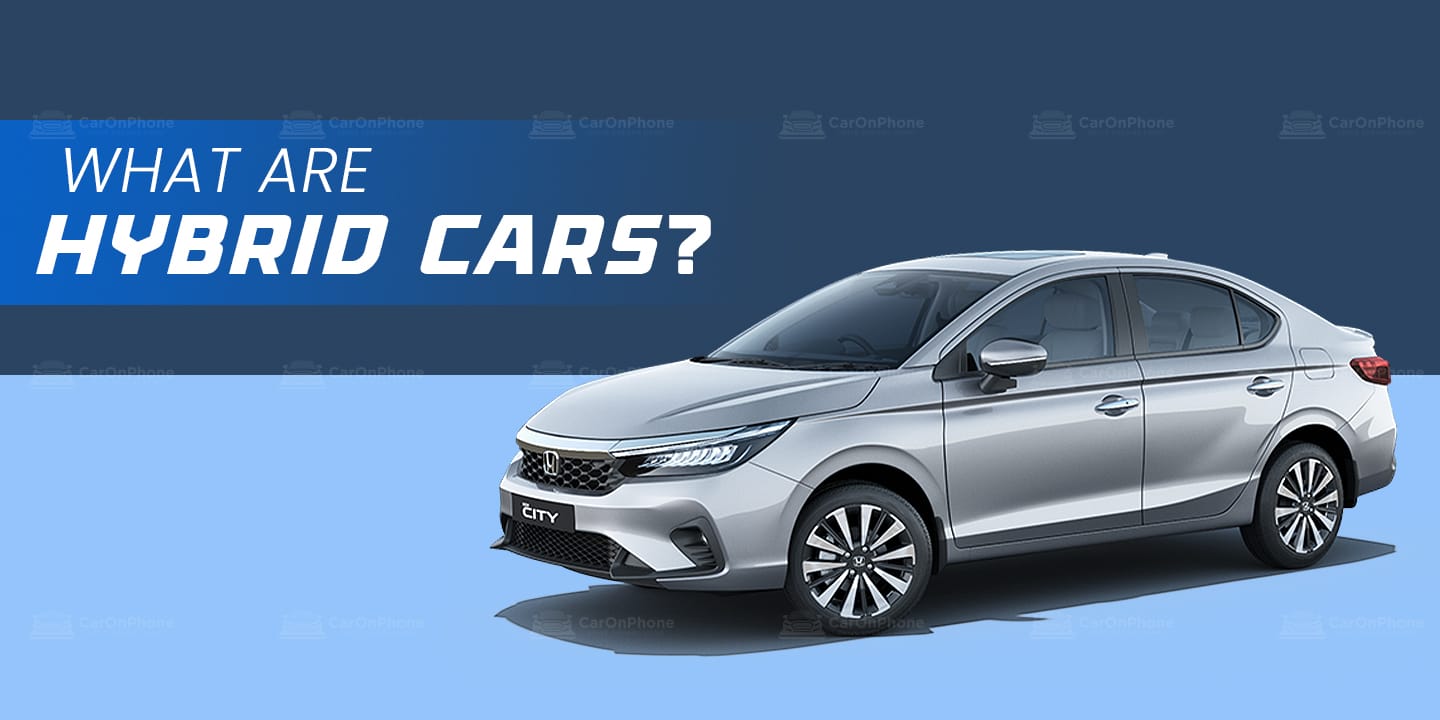
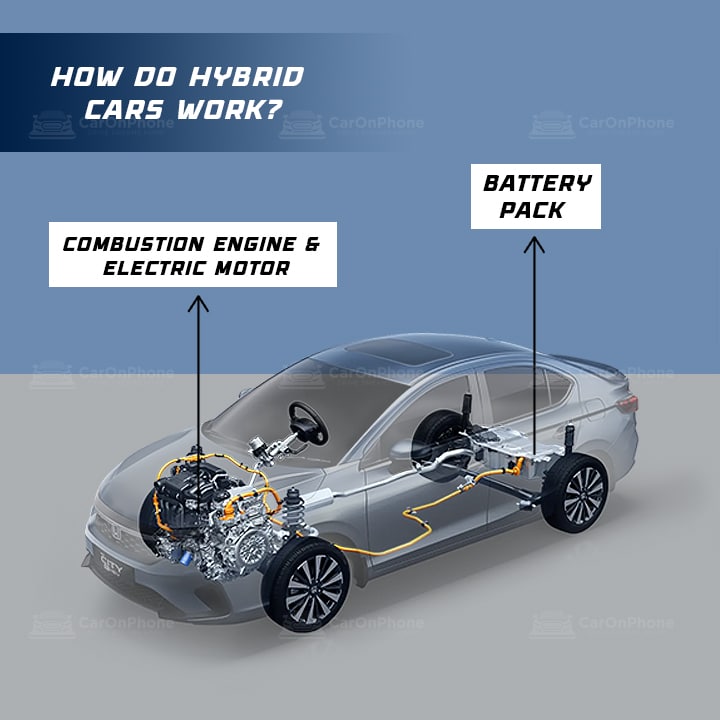
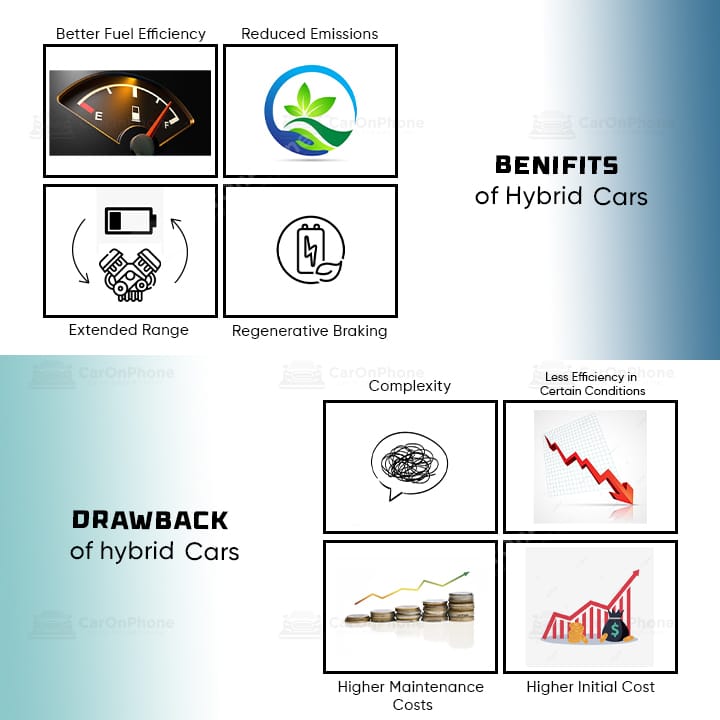
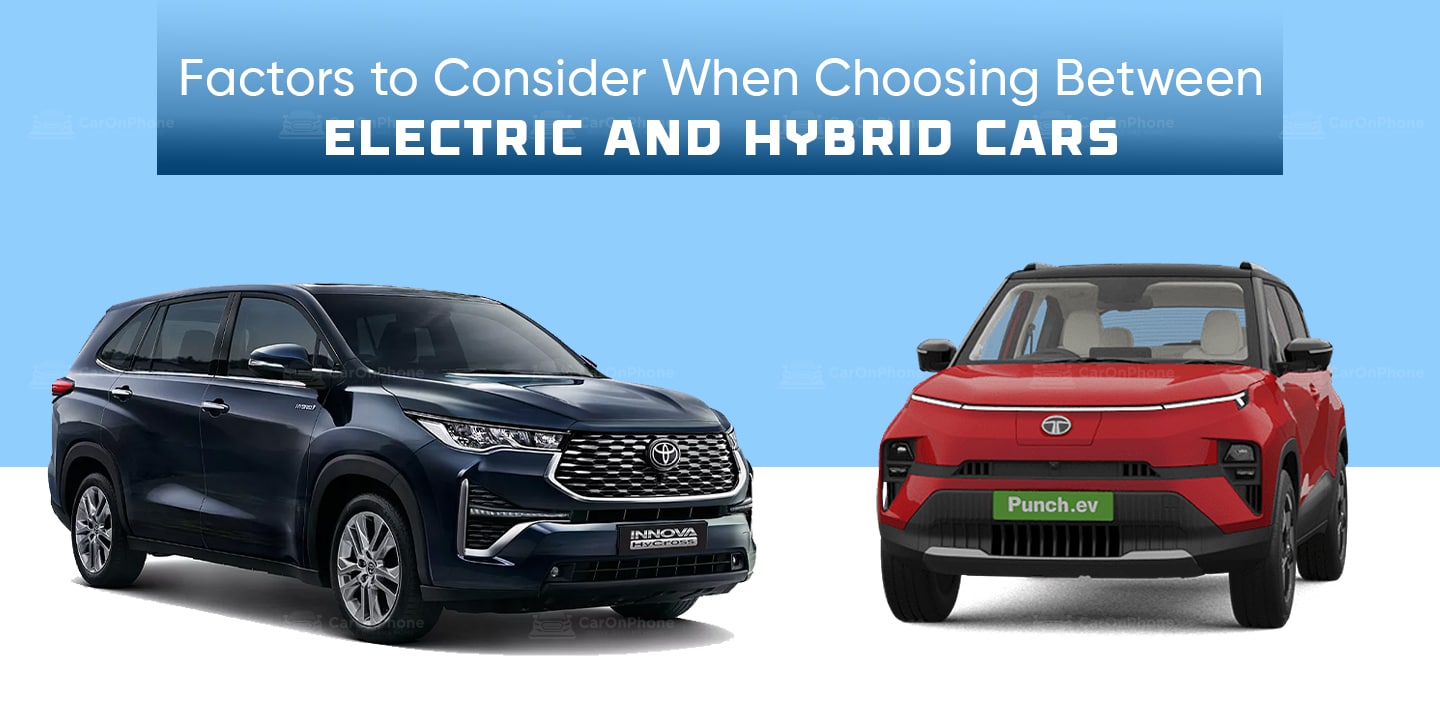
Deciding on hybrid vs electric cars entails a trade-off between their merits and demerits.
CarOnPhone is your one-stop destination to see all upcoming cars, latest cars, released cars, and EV Cars, and compare Cars in all Car Brands. Stay tuned and follow us to update yourself on the automotive world.

